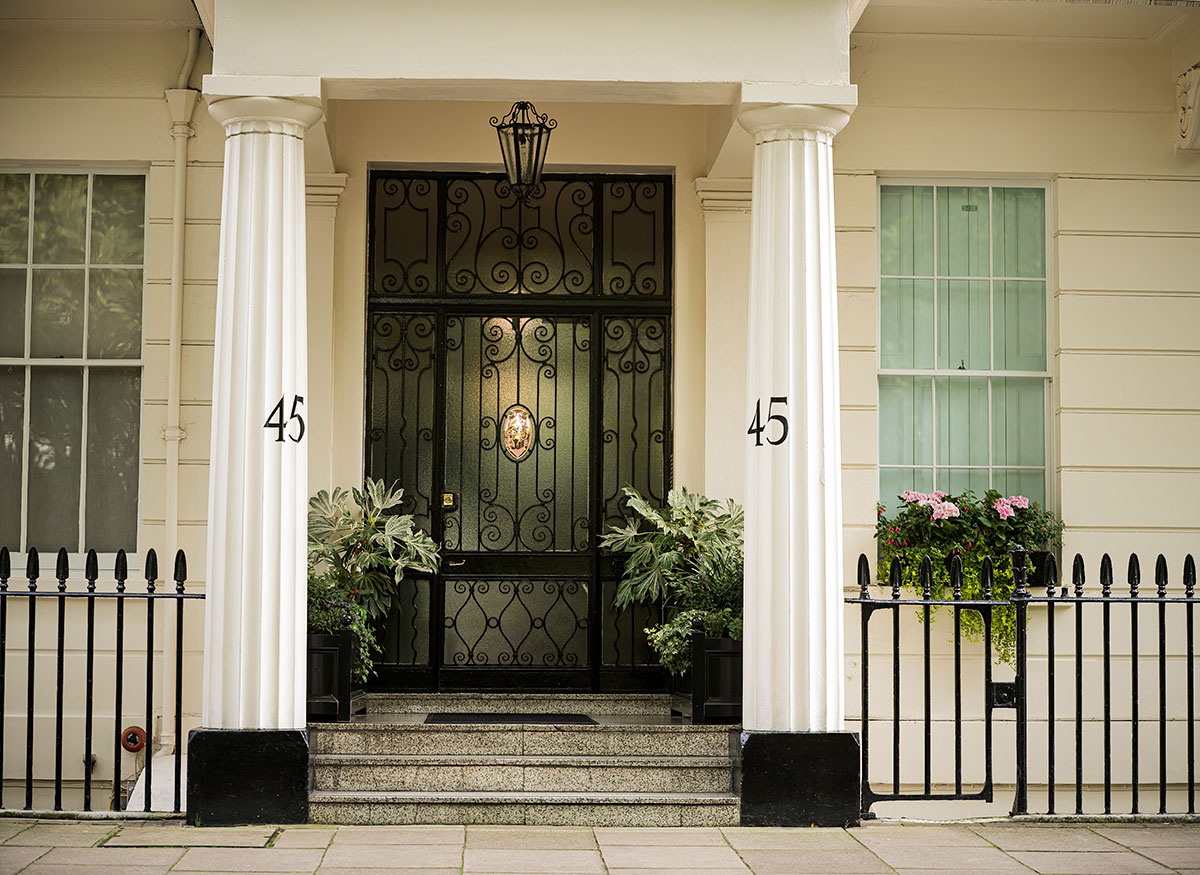I am often asked what the rest of 2023 could look like in terms of the market and opportunities. As experienced buying agents, we have been fortunate enough to acquire some of the most significant properties in London over the last 18 months. Due to the sensitive nature of often both the vendor and our clients, we are rarely able to discuss what we have bought. However, I can share five property-buying insights that I feel will be prevalent in the coming months.
It’s a good time to buy prime property in the capital
Despite the current climate of inflation, interest rate rises, and the prospect of a change in government, buying a prime property could still be a good option in the medium to long term.
Interest rate rises will obviously affect younger purchasers reliant on mortgages. Regarding our overall client base, I estimate that an average 60%+ (with clients spending £10m+ this figure is almost 100%) are fortunate enough not to need a mortgage when buying, so interest rates will be less harmful to them than recession and inflation. This means a housing market downturn is not going to affect older owners with more equity as much.
In addition, it could be a very good time to buy as there may be less competition from other buyers. There will be a lot of noise as to what a potential change in government may or not do and how this could affect the property market. We have seen similar cycles before, and as soon as confidence returns, the market can shift very quickly – becoming a sellers’ market again.
Our clients look long-term when it comes to investing here. If something special becomes available now, regardless of what is happening externally, many will move ahead as something similar could be years away from becoming available.
The popularity of turn-key homes
Our clients clearly prefer turn-key refurbished homes rather than embarking on a lengthy and expensive refurbishment project.
Recent property purchases across our London team were refurbished and acquired discreetly through our network. Good, refurbished family houses and apartments are in greater demand now than I have seen for many years. Clients want things now and are just not wanting to wait. They just don’t have the patience and simply do not want to lose 2-3+ years of their incredibly busy lives for a refurbishment. This is why record prices are still being achieved for turn-key properties.
London is still desirable for international buyers
The appetite for London remains strong and is still seen as one of the best places, if not the best, to live, educate children and work in the world.
The main drivers for our clients moving to the UK is typically education for their children, business and rule of law.
Security and air-conditioning are must-have items
In terms of wants, air-conditioning and security are high on the priority lists. Compared to five years ago, where 1 in 5 clients would specify air-conditioning as a nice have, it is now a must for 3-4 clients. For any ultra-high-net-worth individual, security is always a consideration. With the majority of London’s best housing stock falling straight onto the street, how best to protect a family takes precedence and will always be a key consideration.
Prime London prices will remain strong
The top end of the market will remain strong, particularly for good, refurbished houses and apartments. These are rare at the best of times, and I cannot see the demand for this stock weakening. Recently, a new record for a Notting Hill house was achieved because it is a good house but also refurbished.
We expect the domestic market to soften with more stock becoming available and prices weakening – the wide-spread view is circa -10%. Mainly as the new world of interest rates is absorbed as buyers simply do not have the firepower they once had. This will have to have some effect, although we are yet to see it. We believe it will be a busier second half of the year once these factors take hold.
Get in touch if you would like to discuss any of these insights and help to purchase the right property for your needs.



